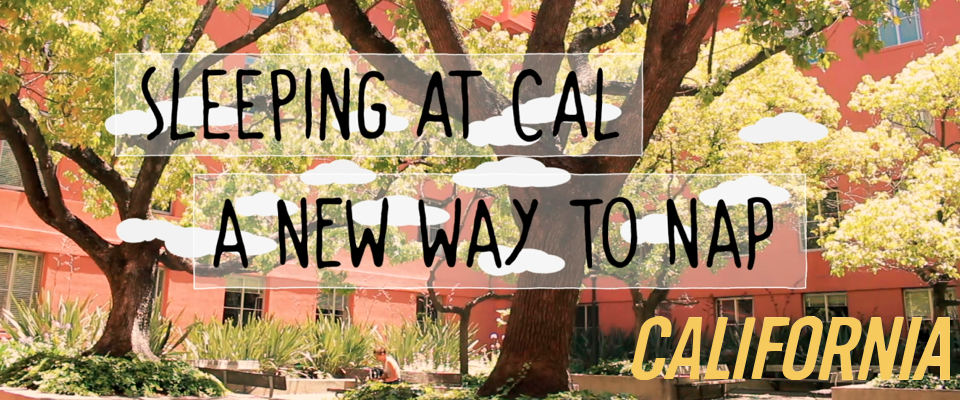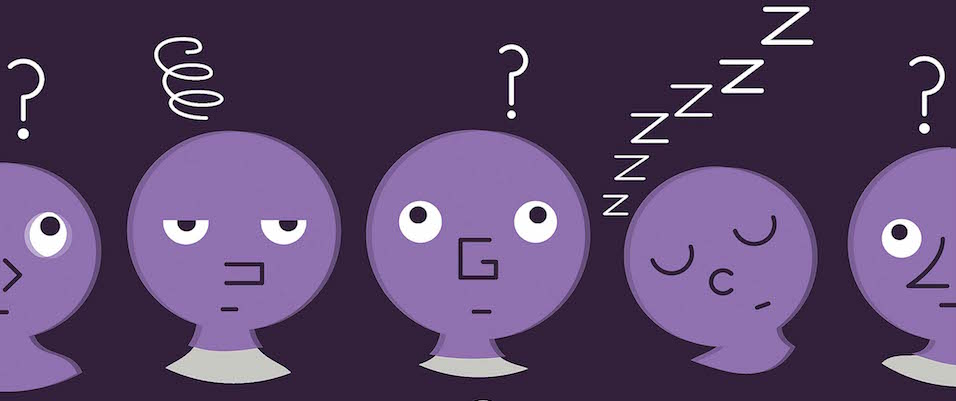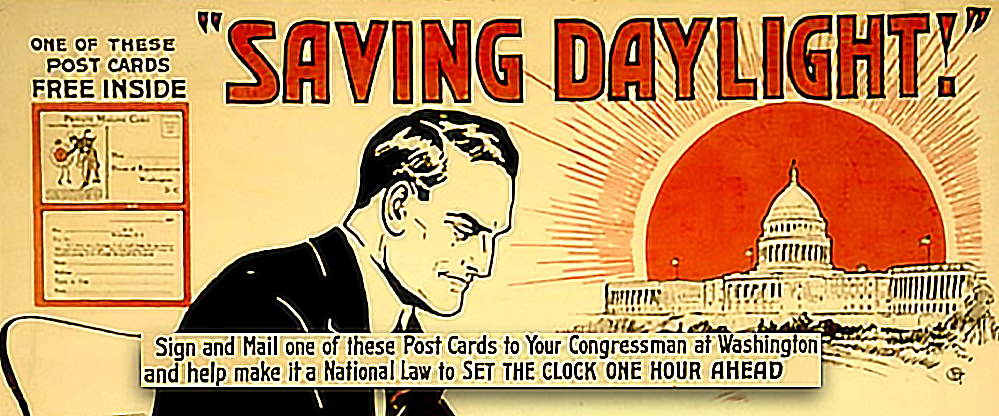How does teen sleep differ from adult sleep or kid sleep?
At the onset of puberty, teens’ circadian rhythms shift. Melatonin—the hormone that primes us to feel sleepy—is released on a later schedule, so they’re not sleepy until later at night, and then the melatonin doesn’t subside until later in the morning as well. So their whole schedule shifts later. If you’ve got a kid who’s 6 years old, they bound out of bed every morning at the crack of dawn, and then they collapse at the end of the day. Well, your teen isn’t bouncing out of bed at 6:30 in the morning. They’re not ready to fall asleep until closer to 11 at night. And then they need eight to 10 hours of sleep every night. So if they’re supposed to be sitting in their seats every single morning at 7:30, there’s no way they can be getting the recommended amount of sleep.
Why should we care whether or not teenagers get enough sleep?
There are huge costs in terms of health and well-being. Inadequate sleep is linked with depression. It’s linked with increased suicidality. There are also issues related to anhedonia, or not being able to derive pleasure from ordinary things in life. In the classroom, there are academic ramifications. There are implications on the road for teen drivers, who are already dangerous to begin with because they’re new and still learning. When they’re sleep deprived, it just ups the ante. Athletes are more prone to injuries. The list really just goes on and on.
What’s the most important thing parents can do to help teens improve their sleep hygiene?
The term sleep hygiene is really important, because it creates the sense that you need to prime yourself to start winding down for bed. A wind-down routine involves things like getting off of electronics, so you’re not on your phone or your computer and then expecting to just be able to turn off the light and put your head down. Our brains don’t work that way.
On my phone, I use built-in controls to shut down the programs I would use to doomscroll through the news. That is not helping me wind down, so I set my phone to shut off those apps at 9:30. Then I read a book. And my kids see that I do that. I’ve talked to them about this. They don’t say, “Oh, thanks, Mom. I really, really appreciate that.” But it does sink in by example.
Does your focus on unplugging from phones also have something to do with the blue light they emit?
Blue light can delay the release of melatonin, so that absolutely is a factor. That being said, various experts I spoke to about this essentially said, “Yes, blue light is a factor. But it’s more the engagement, particularly when you’re having a reaction to something, whether it’s reading the news or interacting with friends. Also, the sheer fact that it’s taking time away from sleep.” One of the experts compared using blue light blockers to putting a filter on a cigarette.
You helped create legislation in California to change high school start times. How did that come about?
In the fall of 2016, when my son was just starting his sophomore year, I wrote an op-ed for the Los Angeles Times about why schools should start later. One of our state senators, Anthony Portantino, read it. He had a daughter in high school. Portantino got in touch with Start School Later, a national nonprofit dedicated to this issue, and introduced a bill on the topic in early 2017. After a two-and-a-half-year process, it was signed into law in 2019—and just took effect July 1, 2022—requiring the state’s public middle schools to start no earlier than 8 a.m., and high schools no earlier than 8:30 a.m. California is the first state in the nation to do this.
Check out The Edge Episode 19 for a full conversation with Lewis.
…
California magazine is an editorially independent non-profit magazine. We need your support to keep producing award-winning journalism about the world of Berkeley and Berkeley in the world. Please consider a donation in any amount. Fiat Lux and Go Bears!





















